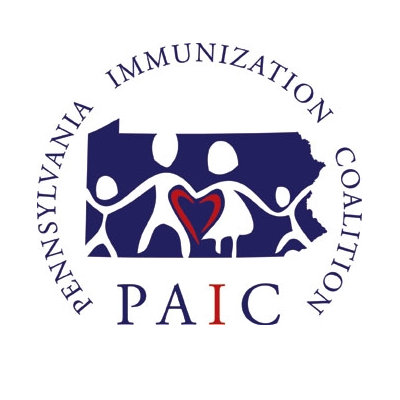Immunization Americans Who Never Forget: Life Without Vaccines
It was late February, 1960 when measles crash-landed into Emmi Herman’s childhood, putting her 9-year-old sister into a coma and destroying her chances at a full life. Her sister’s measles turned into measles encephalitis — a dangerous swelling of the brain — a complication that occurs in roughly 1 in 1,000 cases.
The condition left her with a permanent brain injury and long-term physical and emotional difficulties. “My sister is childlike in many ways and cannot live independently,” Herman, a children’s book author from Searingtown, N.Y., told UNICEF USA. “I often wonder what our lives would have been like had she been able to get the vaccine.”
Most of America seems to have largely forgotten just how serious measles can be — that it’s more than spots on the face, and can cause permanent hearing loss and even death from pneumonia. The reason they’ve forgotten: routine immunization.
Before the measles vaccine was introduced in 1963, nearly all children got measles by the time they were 15; tens of thousands of patients ended up hospitalized and more than 400 died every year. Flash forward four decades, and annual cases had dwindled to a few dozen.
But lately, measles is making a comeback — with vaccine hesitancy a major culprit — and health officials are calling it a public health threat once again. In 2019, 1,282 cases of measles were confirmed in 31 states, according to the Centers for Disease Control and Prevention (CDC), the biggest spike reported in the U.S. since 1992. Meanwhile, the global spread of COVID-19 is straining health care systems and threatening to derail routine immunization programs: as of April 2020, measles vaccination campaigns in 24 countries had been delayed.
It was after reading about a 2014 measles outbreak in California that Herman decided to share her story and become a vaccine advocate. “I learned that the reason it spread so fast was that immunization levels in the area had dropped, because parents were opting out,” she recalled. “I thought I might be able to get through to those who are on the fence about vaccinating their children, and help convince them how important it is.”
The CDC attributes the 2019 spike in measles cases to an increase in the number of people who caught it while traveling abroad and brought it back home; measles remains common in many parts of the world, including countries in Africa, Europe, Asia and the Pacific. Another reason: the ease with which the disease can spread within communities where there are pockets of unvaccinated people. This year, as in past years, the majority of people who have fallen ill were unvaccinated.
